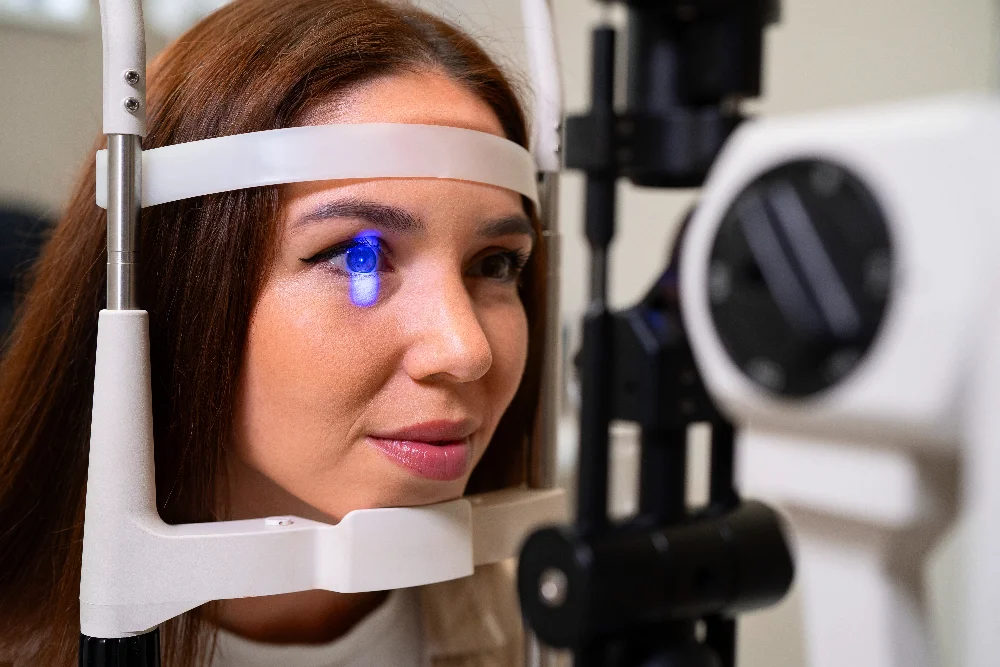Vision Therapy
Many children and adults alike can benefit from a vision therapy program! It is tailored specifically to the patient, addressing needs related to difficulties with reading, hand-eye coordination, headaches, eye turns, focussing problems, and much more. Vision therapy is a very useful and often life-changing part of a patient’s rehabilitative program for concussion treatment.
Vision therapy for children functions on the same principles as neuro-rehab for concussion)

Vision plays an important part of reading and learning, with over 17 different skills being required. Evaluation of these skills with a thorough eye examination allows us to identify and treat visual deficits surrounding tracking, eye teaming, focussing, and more. To assess these areas, we provide developmental eye exams and vision therapy for children with difficulties pertaining to reading and learning.
With numerous areas of the brain involved in the visual process, research has shown that following an acquired brain injury, 40% of patients demonstrate difficulties with teaming the eyes together to view near objects (convergence insufficiency), 30% show difficulties with focussing (accommodative insufficiency), and up to 90% have tracking deficits (oculomotor dysfunction).
Vision therapy, similar to physiotherapy, emphasizes the brain-eye connection and works to enhance the efficiency of the visual system. Vision therapy can help children eliminate visual barriers to learning, and dampen or eliminate symptoms related to acquired brain injury.
Market Mall Eye Clinic
Send us a message and we will get back to you soon.
